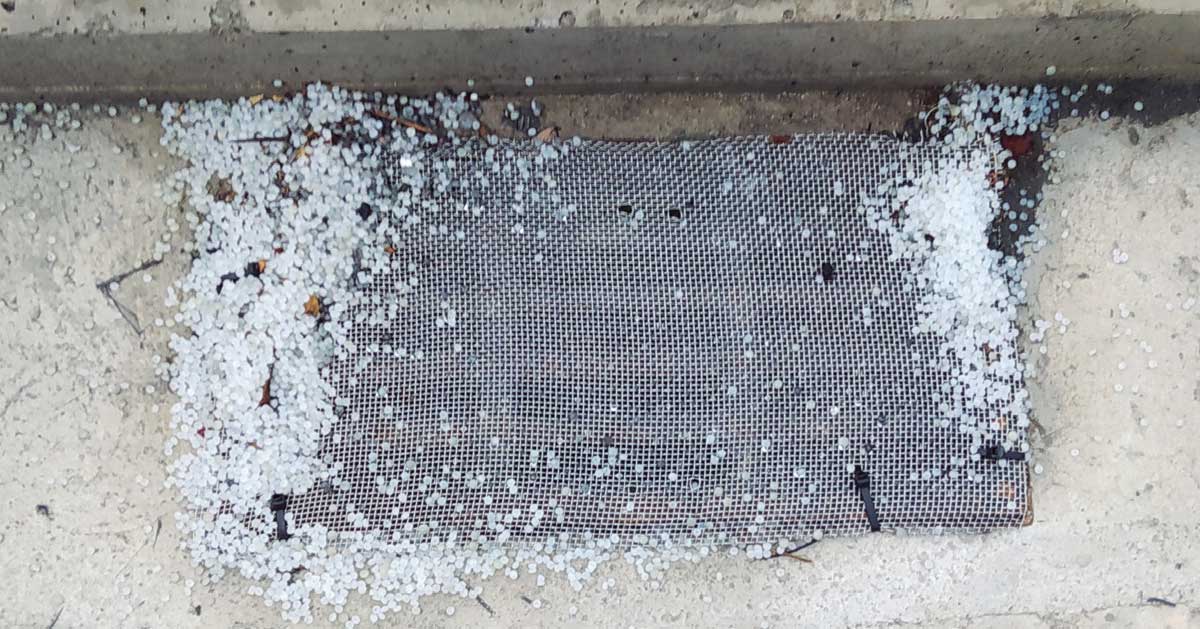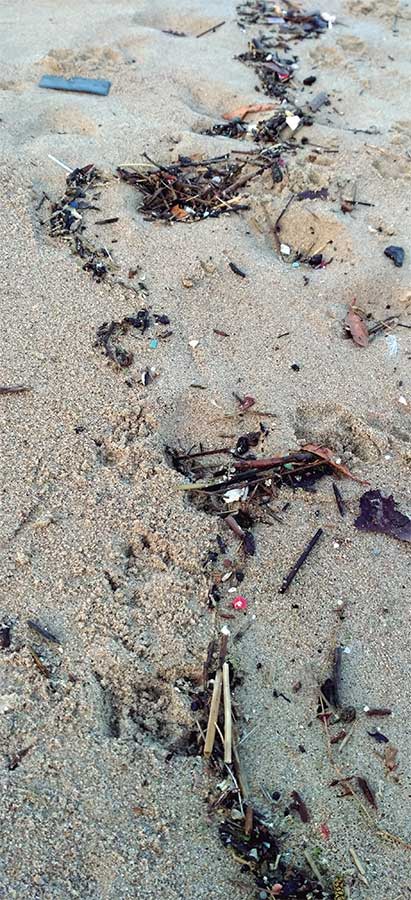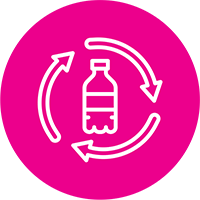CERO GRANZA
ZERO PELLETS ON PLASTICS COMPANY FLOOR
ONE OF THE SOURCES OF MICROPLASTICS THAT END UP IN SEAS AND OCEANS ARE PELLETS used by plastics industries as raw materials, which due to spills or poor cleaning, end up on the floor of different facilities and are transferred to the sea through drainage systems. PLASTIGAUR, a company dedicated to manufacture flexible films for different sectors located in Andoain (Gipuzkoa), wants to tackle the proper containment of these products, and prevent pellets used at their premises from entering waterways and ending up in the sea. Each link in the chain, in this case pellet producing companies, the transport sector, people working in bulk storage units and plastic processing companies, has a role to play in preventing pellet loss.

DRIVING FACTOR


 OBJECTIVES
OBJECTIVES
- Implement a methodology to reduce to zero the amount of chips present on the soil of facilities and completely avoid dumping of this waste stream.
- Avoid the environmental impact, economic cost and occupational hazards that may be caused by spillage of chips.
- Become the first Basque company to obtain an Operation Clean Sweep (OCS) certification, and extend the knowledge and expertise acquired to other companies in the sector.
 RESULTS
RESULTS
- Collection of 11,150 kg per year (2020) of dumped raw material, which has been re-incorporated as a recovered resource by a management company. Avoiding such discharge into the environment and the loss of raw material represent emission savings of 23.42 tonnes of CO2e.
- AENOR Conformity Certifi cation for the OCS Scheme for PLASTIGAUR, which becomes the fi rst packaging company in Spain to achieve it.
- Successful implementation of PASTIGAUR OCS system, involving everyone in the organisation and extending the “zero chips” target to the entire value chain, which was well received by suppliers and hauliers.
 CONCLUSIONS
CONCLUSIONS
- In order to maintain the long-term commitment of ZERO CHIPS, it is important to establish a system of indicators to control and monitor results, which will determine the need to make corrections and together with the continuous awareness-raising actions planned, will enable the commitment to be maintained. Moreover, by means of an audit, AENOR accredits a follow-up of the correct operation and maintenance of the OCS scheme.
- PLASTIGAUR will collaborate in the preparation of a Guide of Good Practices by IHOBE, where PLASTIGAUR experience as a success story will be made known to the rest of the companies in the sector. It is estimated that plastic processing companies will be able to reduce pellet losses to the environment by 90%.
ENVIRONMENTAL
TECHNICAL
ECONOMIC
COMMERCIAL
ON THE MARKET

